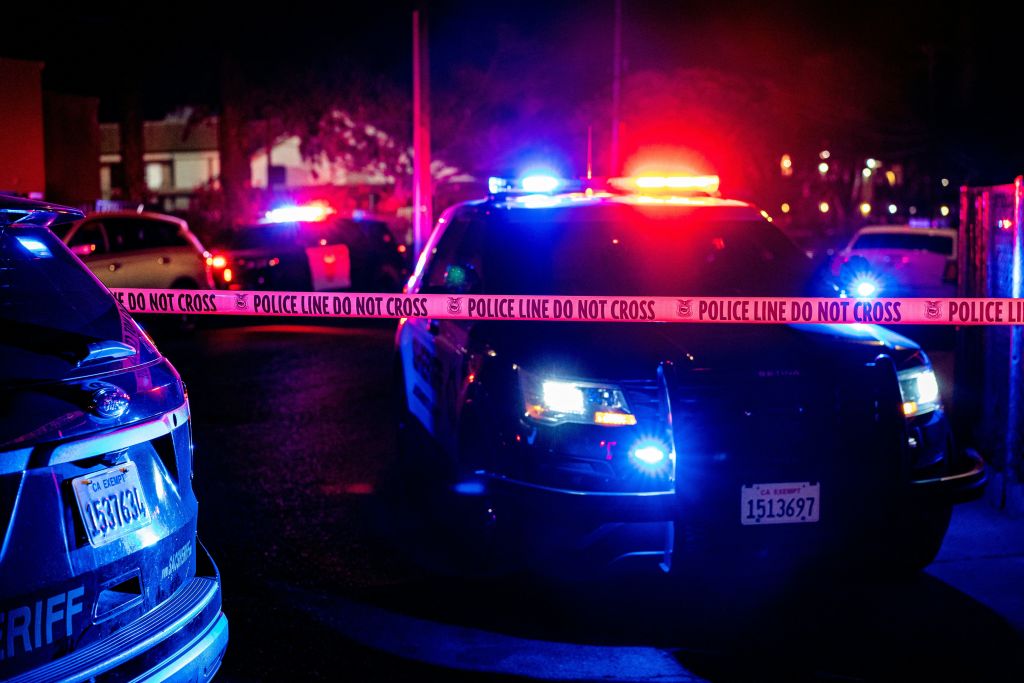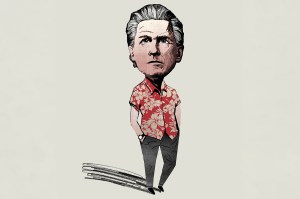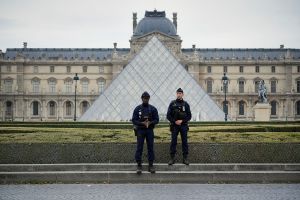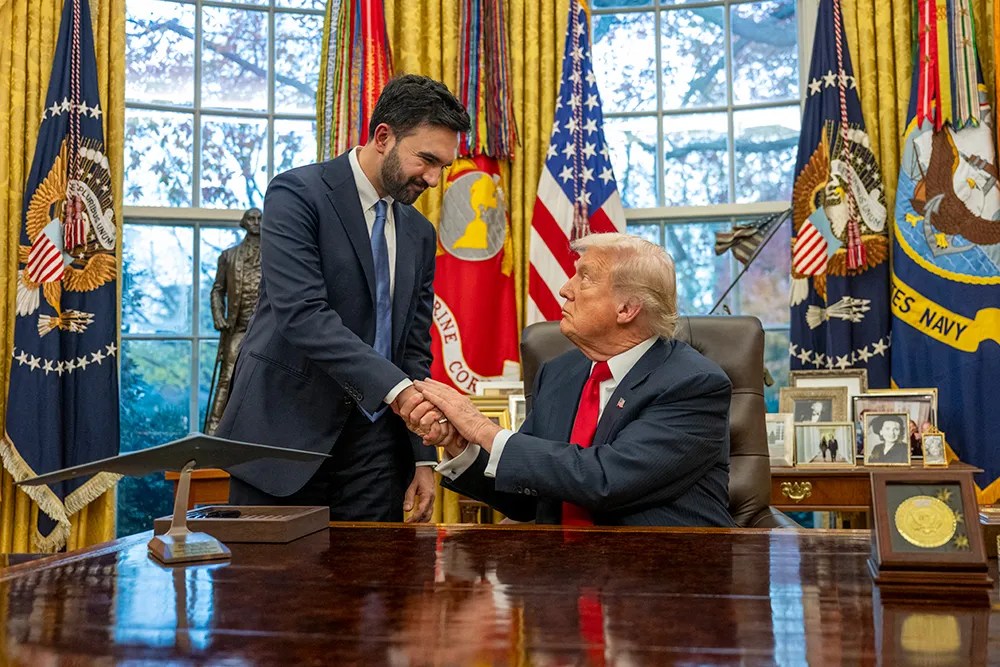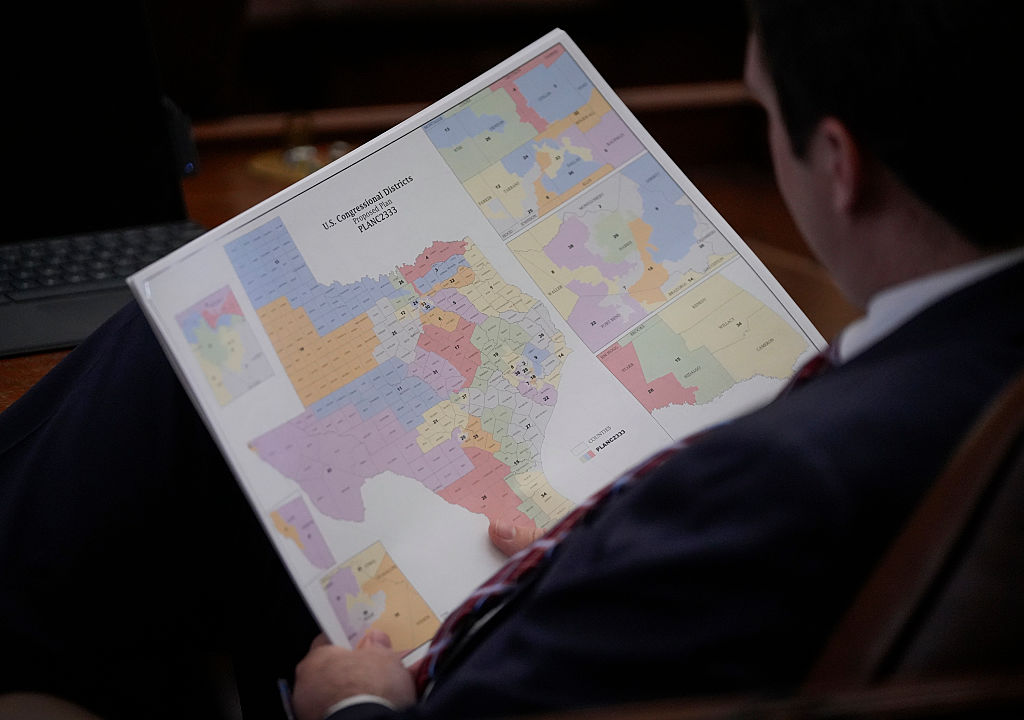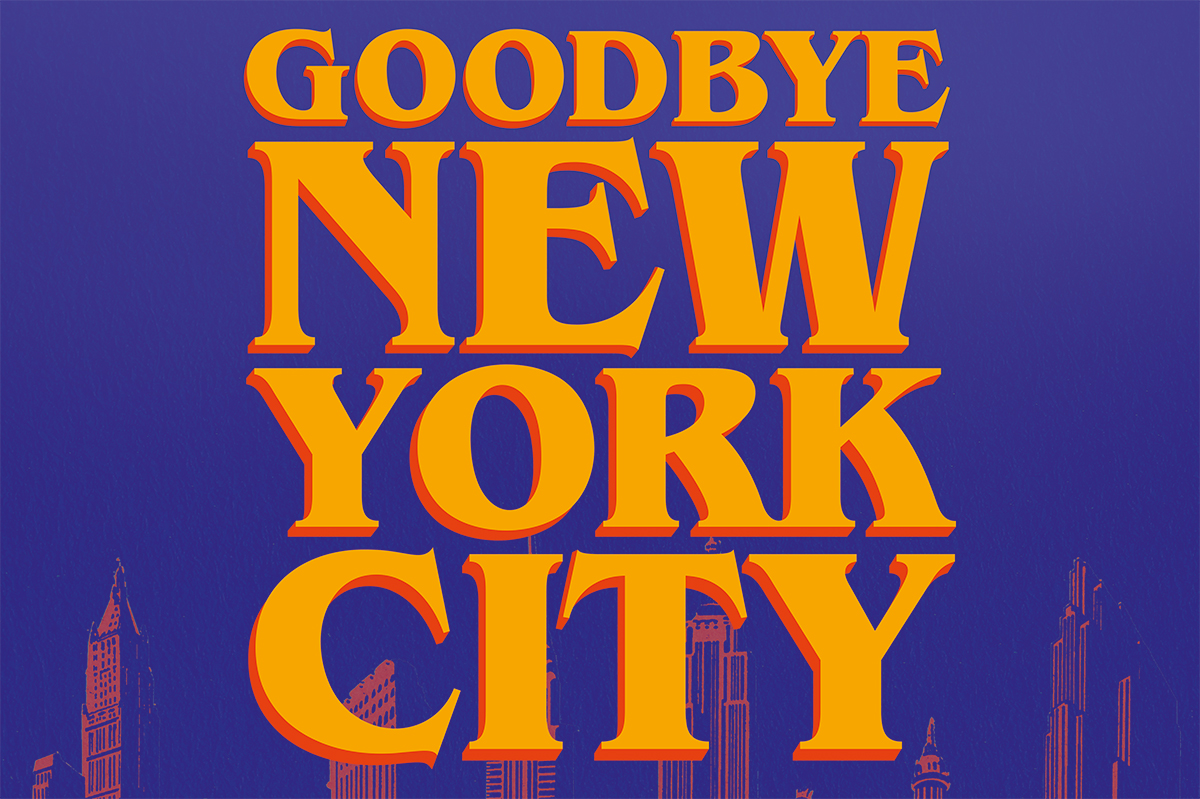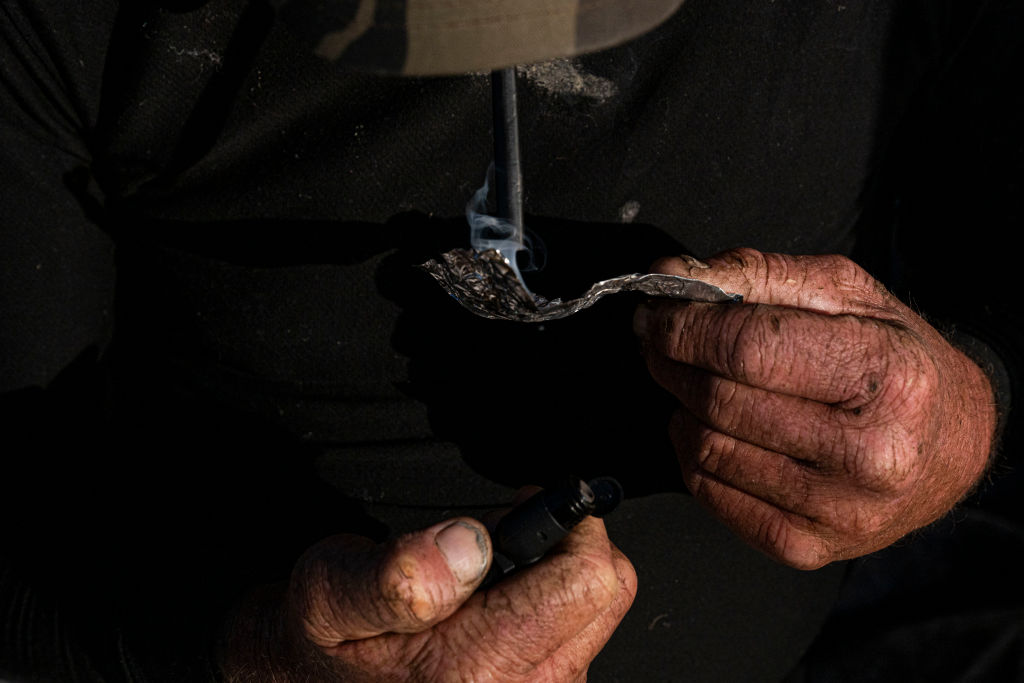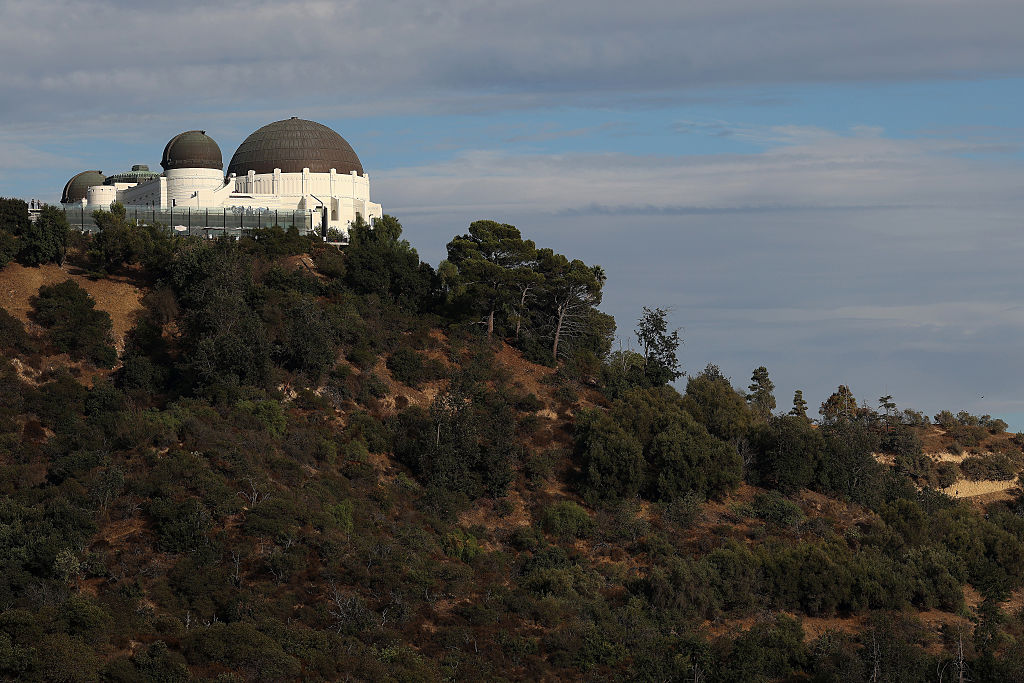America is sorting itself out by class and kind, back to blood and political pedigree. The demographic trend favors the so-called red states and the metro nodes inside these dominions. Austin, Reno, and Nashville beckon. Meanwhile, academic towns like Eugene, Chapel Hill, and Burlington draw gentry blues trying to escape crazy and crime but who are not in tune with Tulsa or Fargo.
For big-city emigrants, fatigue with misgovernment, ill-spent government largesse, and racial disorder are part of the picture. As much as they are seeking uncrowded real estate, runaways are searching for courts, authorities, teachers, and stable neighbors whom they can trust.
Lockdowns and masks, power-juiced officials and public unions, looting and street violence, vagrants and junkies in ragged tents, and crime — lots of crime — have contributed to the flight, white and non-white.
No doubt many coveted jobs and glam professions will remain in the marquee coastal cities for now, but metro cores’ commercial supremacy is simply fading. It’s hard to pretend that hip epicenters like Bushwick and Noe Valley are the glittering places they were a few years ago. Downtown office life has not returned to normal anywhere.
Despite out-migrations, entrenched super-blue municipal machines wave the pirate flag of equity, stir grievances, and squeeze workers. They often neglect infrastructure to attend to depravity and tragedy that no government can fix. The beneficiaries of economic surplus and altruism are unaware there’s a macro piper to pay. But they vote for handouts, so their elected tribunes and appointed providers prevail in spite of reckless finance and unconscionable management. In some cities, police and court protection seems uncertain, in the hands of partisans who talk of restitution, dispossession, and decriminalization.
Public assumptions and entitlements originating in the expectant era of Eugene McCarthy and John Lindsay have proved wrong, and worse, destructive. Section 8, Medicaid, electronic benefit transfer, and federally inspired programs to “fight poverty” and fund “community action” are part of that legacy.
The lure of federal money and inability for local bureaucracies to survive without it renders states, counties, and towns vassals of central government. Through revenue sharing and mandated line items, federal tentacles reach down to capture state and county governments, bloated bureaucracies, and private partners and contractors.
Moreover, blue states generate their own tyrannies, fueling public distrust. California’s 2021 housing law, called SB9, is a textbook case in progressive misrule, worsening the plunge in statewide quality of life. This ostensible solution to the state’s perennial housing shortage proclaims to be “combating inequity and creating social mobility.” It allows up to four housing units and split title on what were single-family lots.
Most California towns are trying to dodge the rule, but “affordable housing” forces have the power of law and Governor Gavin Newsom’s ear. Cui bono? Realtors, the building trades, and chambers of commerce are all-in for the measure. Affordable housing is not what rental-property investors want to build or own. In fact, no taxpayers seek Section 8 rental housing nearby except HUD-enabled slumlords and contractors.
Tony suburbs are trying to create roadblocks. Palo Alto for Sensible Zoning, Better Cupertino, Good Growth San Carlos, and Orinda Watch are just a few of the groups that want to hand control over land use back to local governments. Devices proposed to get around SB9 are no doubt ingenious. No new water meters is one favorite stopper. Detailed aesthetic requirements for new buildings are another — not too big, tall or small. Other locales claim historic exemption or fire risk.
The rich can buy open space and privacy. In desirable but packed-tight middle-class vicinities, SB9 pits neighbor against neighbor. Tidy neighborhoods on small “tract” lots already suffer crowding and congestion. Mega-trucks park on narrow residential streets and recreational vehicles sit in driveways. Garages are repurposed for god-knows-what. Now what happens when the up-yours neighbor builds four units on a split lot next door? Redondo Beach, Torrance, Carson and Whittier — four of California’s remaining “middle-income” cities inside the Los Angeles metropolis — are taking the state to court for relief.
From Mendocino to La Jolla, primo real estate commands astronomical sums, as the super-rich distance themselves from crowding and danger with private security at their disposal. In affluent professional areas like Pasadena and Pacific Palisades that were homeless-free pre-Covid, criminals and homeless have arrived. They wander aimlessly on commercial avenues, stopping here and there to go through the trash. There is no point in complaining to authorities.
When angry San Franciscans say, put the junkies and vagrants on buses with one-way tickets, they rarely think where to. After the 2008 housing bust, inland towns like Stockton, Modesto, and Vallejo became human dumping grounds, a relocation encouraged by Bay Area welfare and housing officials. Section 8 portability allowed indigents and near-homeless with vouchers to keep their benefits and move to cheaper housing. Similar dispersions occur in many states.
The blue states and their vote-rich municipal cores are in peril. Should austerity and inflation cramp the private sector during the 2020s, employed voters will not pay higher taxes so that bureaucrats can enjoy lifetime tenure and secure pensions. They will not recklessly fund a public complex of dependency, mixed with sub-par services and public disinvestment. Law-abiding Americans will not put up with unrelieved danger.
As psychologist Jonathan Haidt recently observed, social media has compounded splintering and division, and done so by education, assets, political views, and custom. “When citizens lose trust in elected leaders, health authorities, the courts, the police, universities, and the integrity of elections,” Haidt says, the “shattering of all that was solid” redoubles popular effort to find residual expressions of kinship and consensus. The winners are places rich in what Haidt has called “moral cohesion.”
The hunger for trust is provoking short- and long-haul migrations of people and capital. Try as it might, the coercive left cannot staunch flows of enterprise or rescind reserved local powers that curb its own power. The search for economic and civil security is animating America’s future. The flight from dysfunctional America shows no signs of slowing.



